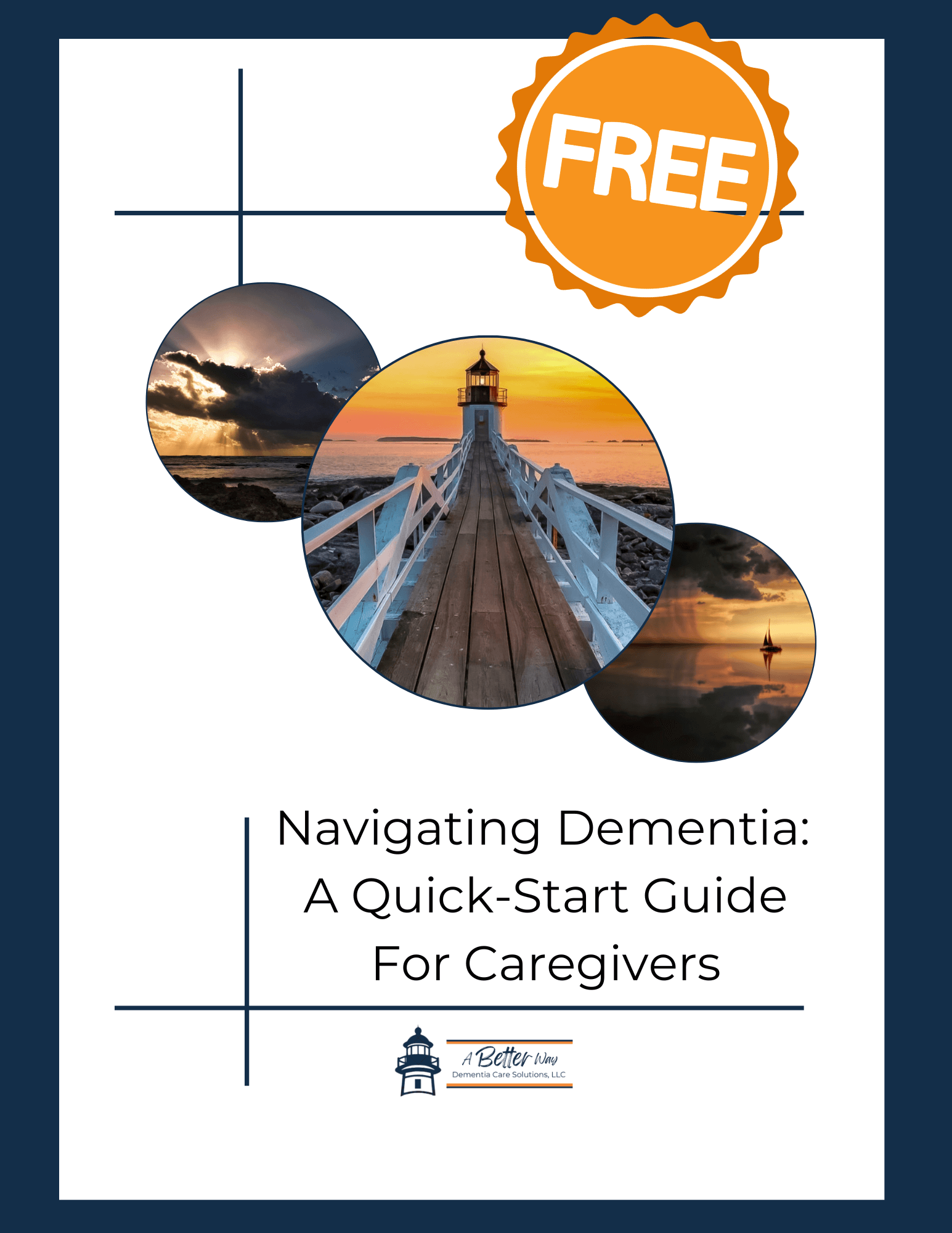
Eating well is one of the most powerful ways to protect brain health. The MIND Diet, a blend of the Mediterranean and DASH diets, offers simple, science-backed guidance for caregivers and loved ones. Learn what to eat, what to limit, and how to take small steps toward better cognitive health.
Read more...
Mealtimes can become overwhelming when caring for someone with dementia—but they don’t have to be. In this post, we explore how simple routines, right-sized portions, and calm environments can transform meals into moments of comfort and connection. Learn practical strategies for dementia-friendly nutrition and download your free Nutrition Guide to make planning easier.

Struggling with mealtime challenges in dementia care? You're not alone. Many caregivers face daily frustration when a person with dementia refuses to eat, forgets how to use utensils, or becomes agitated at the table. In this caregiver guide, you’ll discover expert tips for managing eating problems in dementia, including how to create a calm environment, encourage hydration, and use dementia-friendly plates and adaptive utensils. Learn how to reduce stress, prevent weight loss, and support better nutrition—while bringing more peace and connection to your daily routine. Whether you're caring for a parent with Alzheimer’s or supporting a loved one in the later stages of dementia, these practical strategies can help make mealtimes easier, safer, and more enjoyable for both of you.
Read more...
Mealtimes can be one of the most challenging-and meaningful-parts of dementia care. As the brain changes, so do taste preferences, appetite, and even the ability to recognize food. But the good news is that small, thoughtful adjustments to a person’s diet and eating environment can make a big difference.
In this post, we’ll look at how nutrition affects mood, behavior, and brain health-and how you can use simple strategies to turn mealtime struggles into moments of comfort and connection. Whether it’s choosing the right plate color, offering nutrient-dense snacks, or creating a calm eating space, every change you make is an act of care.
Caring for someone with dementia isn’t easy, but you’re not alone. Let’s explore how food can be more than fuel-it can be a daily opportunity to nurture both body and spirit.













